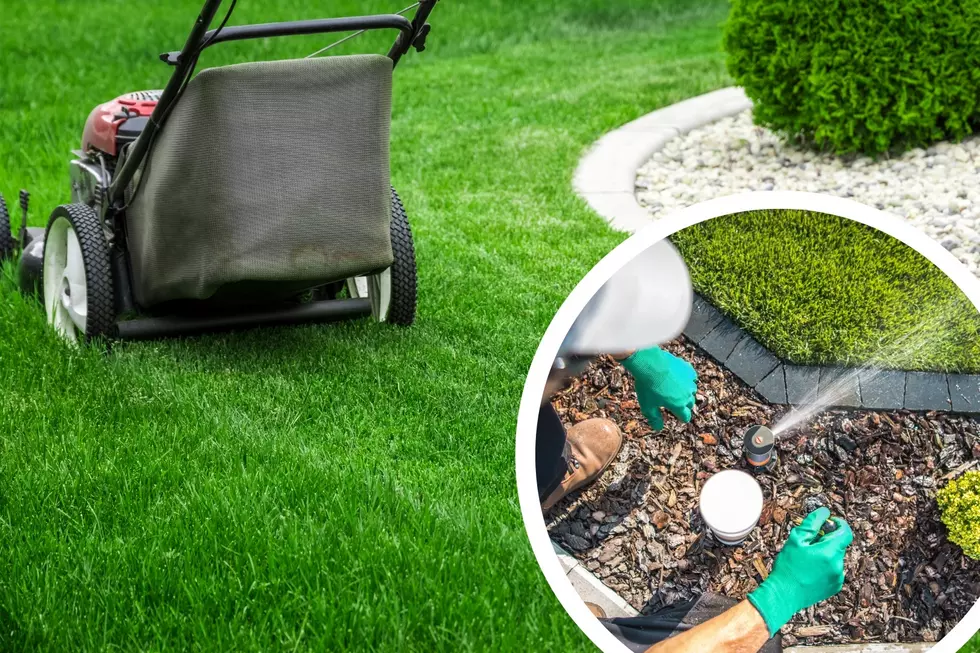
Toxic Bloom Found at CJ Strike Reservoir, Health Warning Issued
MOUNTAIN HOME, Idaho (KLIX)-Idaho health authorities have issued a warning for CJ Strike Reservoir after tests confirmed the presence of a toxin-causing algal bloom. The Idaho Department of Environmental Quality and the Southwest District Health (SDH) issued a warning for the reservoir confirming the presence of the cyanobacteria that is harmful to people, pets and livestock. The cyanobacteria can make people very sick and can even kill pets. The toxin is found in harmful algal blooms or HABS in many southern Idaho water bodies during the hot summer months. Some of the symptoms caused by the HABS include rashes, hives, diarrhea, vomiting, coughing, and wheezing. More severe cases involve damage to the liver and nervous symptoms. Dogs can be especially susceptible to getting sick because they often swim in and drink the water or lick it off themselves. "Cyanobacteria are a natural part of Idaho’s water bodies. When temperatures rise, their populations can bloom and toxic chemical compounds, or cyanotoxins, can be released into the water. Blooms can vary in appearance, and may look like mats, foam, spilled paint, or surface scum, and have a foul odor," said SDH.
People should follow these tips when out at CJ Strike Reservoir or any other body of water confirmed to have cyanobacteria:
- Avoid swimming, wading, or other activities in the water. Take extra precautions to ensure children, pets, and livestock are not exposed to the water. Do not drink or cook with water containing a bloom. Boiling and filtering the water does not remove the toxins and can increase the risk of adverse health effects.
- Wash hands thoroughly in clean water after handling fish caught in water experiencing a bloom. Cyanotoxins can accumulate in fish and the risk to people is being researched. Clean and wash fish thoroughly in uncontaminated water and dispose of internal organs before consumption. If you choose to eat fish from this area, filet the fish and remove all fat, skin, and organs before cooking.
- Clean skin or pet fur with clean water as soon as possible after any water contact.
For more information you can visit Idaho DEQ's website, or Southwest District Health information page.

The Ultimate Tailgate Prep List Boise Needs for Kenny Chesney
More From 95.7 KEZJ








